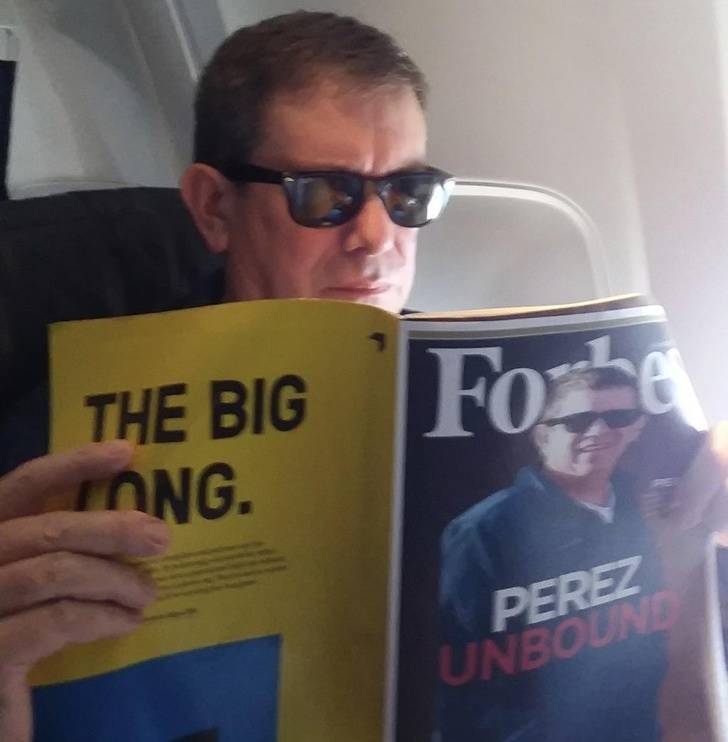

As a leader, remain calm and don’t get defensive or think that you always must justify your thinking and actions. Business decisions and circumstances don’t always play out logically because office politics and other dynamics factor into the process. Leaders shouldn’t take things personally when things don’t go their way. Strong-willed leaders can maintain their composure and still express concern and care, but not to the point that their emotions become a distraction – or that they can’t responsibly handle the issues at hand. When you allow your emotions to get in the way, employees interpret this as a sign you are not being objective enough and too passionate about the situation at hand. These types of leaders have such emotional self-control that even their body language does not give them away. They don’t yell or get overly animated when times get tough. Seasoned leaders know not to wear their emotions on their sleeves. Don’t Allow Your Emotions to Get in the Way Here are seven ways to maintain leadership composure during the most pressure-packed moments:ġ. When leading – especially during times of uncertainty and adversity, crisis and change – you must avoid showing any signs of leadership immaturity or lack of preparedness that will make your employees feel unsafe and insecure.

The next time a problem arises, ask yourself if you or your leader could have shown a greater sense of composure and avoided the problem from surfacing. Many times crisis results when composure is missing. They then enable the opportunities previously unseen that could have avoided the adversity to begin with. These types of leaders quickly detect the causes of adversity and solve for them immediately. Rather than panic, a leader with composure takes a step back and begins to connect the dots of opportunity within adverse circumstances. The 21 st century leader sees adversity through the lens of opportunity. Because he was unable to reinvent himself and adapt to the unexpected, his tenure was short-lived. Needless to say, his wasn’t an effective leadership that could deal with real crisis and change. He was often too dramatic and the smallest of problems launched him into crisis management mode. His leadership role was just too big for what he was capable of handling. Though he had tremendous credentials, he lacked the ability to remain calm and thus often made his employees feel uneasy. I worked with a colleague that lacked composure and was always in a panic.


 0 kommentar(er)
0 kommentar(er)
